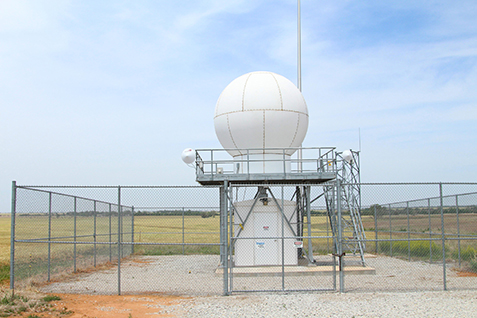
New Radars for Estimating Rainfall Installed at ARM Sites
Data derived from these instruments will support climate model simulations of cloud processes.

Data derived from these instruments will support climate model simulations of cloud processes.
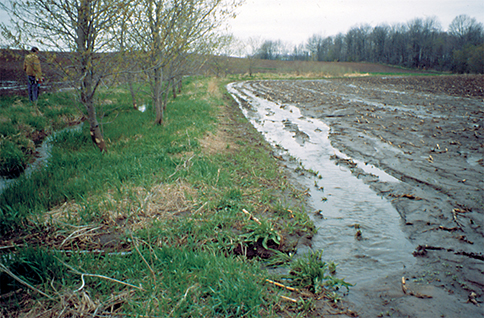
Understanding differences in modeling soil water will help scientists simulate how this moisture affects the climate.
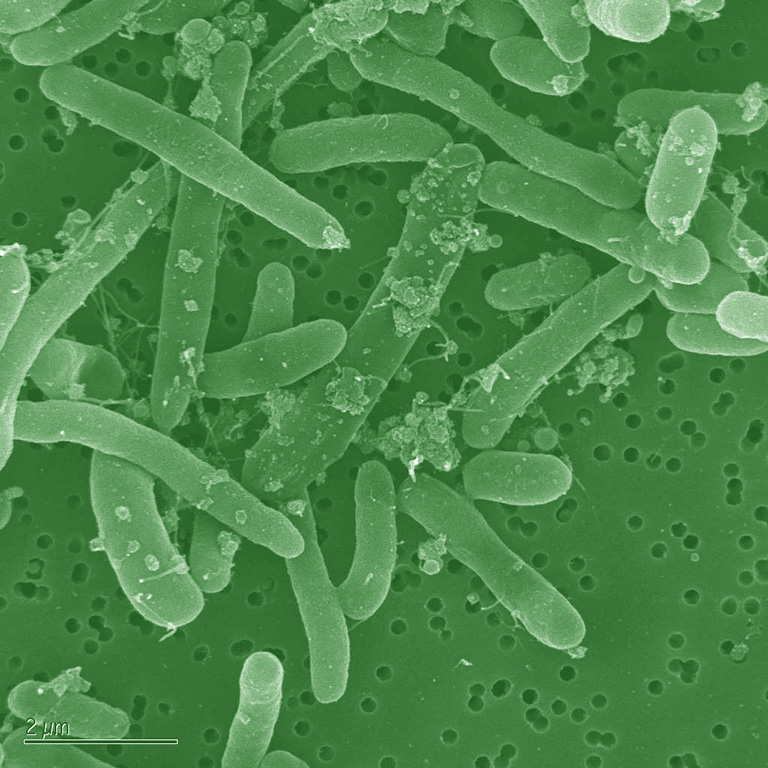
A novel E. coli fatty acid biosynthesis system could more efficiently convert biomass to desired products.
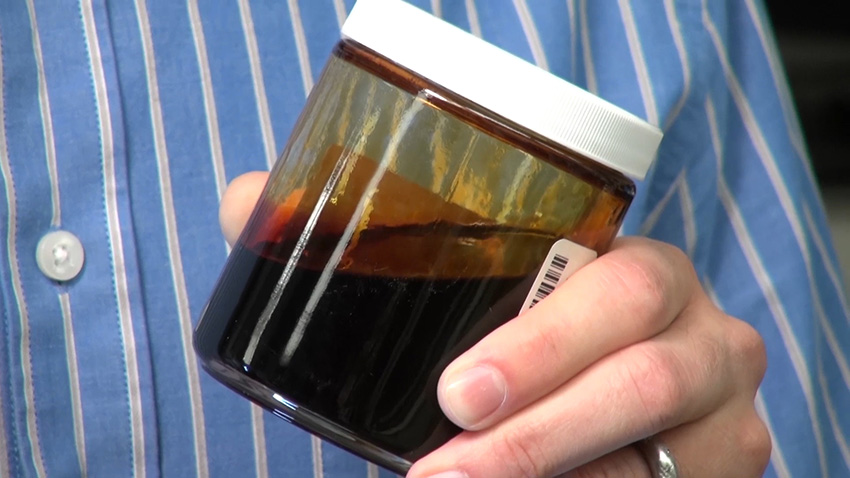
New findings will help extend the lifetime of catalysts used to process bio-oils in liquid systems.
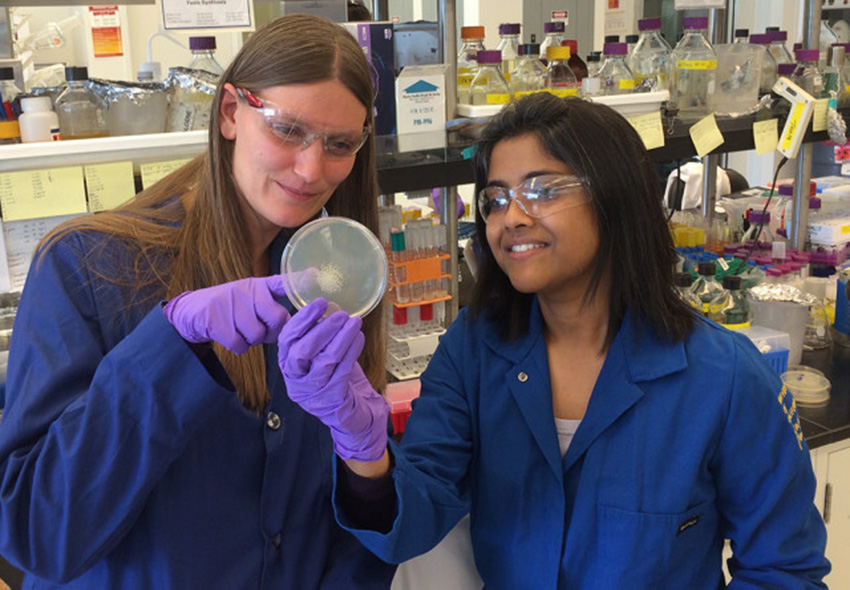
Researchers use engineered bacteria to simplify biofuels production, potentially lowering cost.
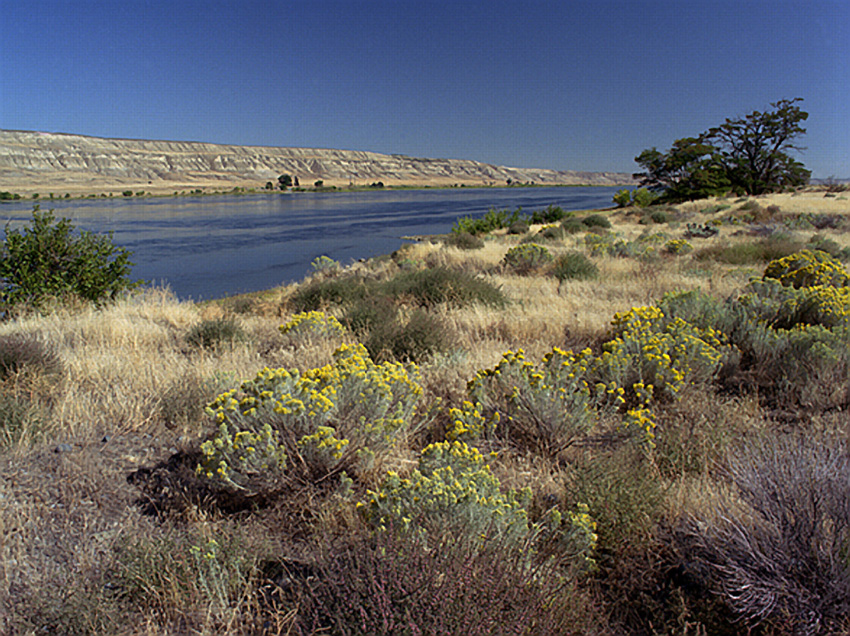
Findings could aid contaminant management efforts at former weapons production and industrial processing sites.
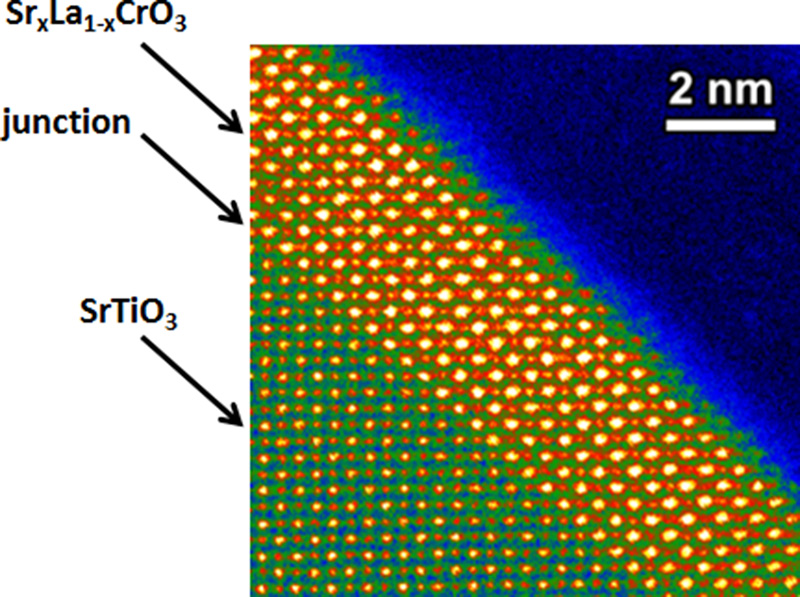
A low-cost, stable oxide film is highly conductive and transparent, rivaling its predecessors.
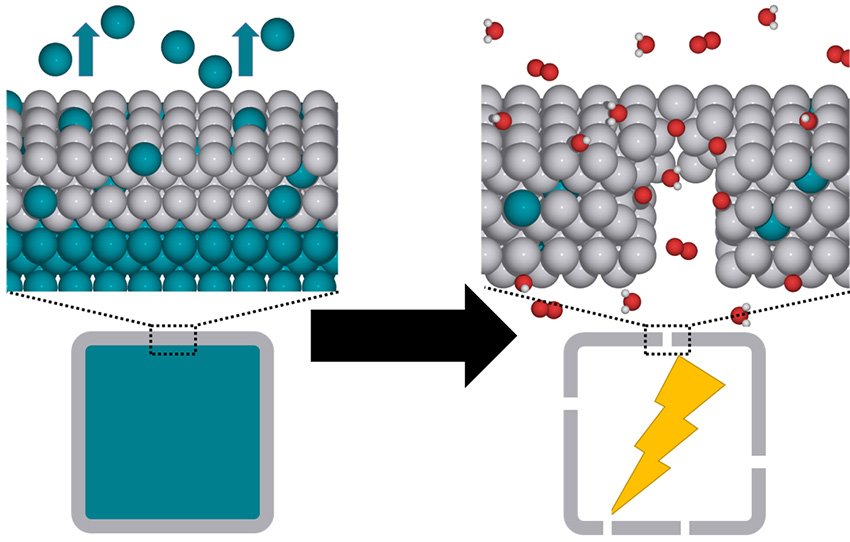
Hollow shape-selected platinum nanocages represent a new class of highly active catalysts.
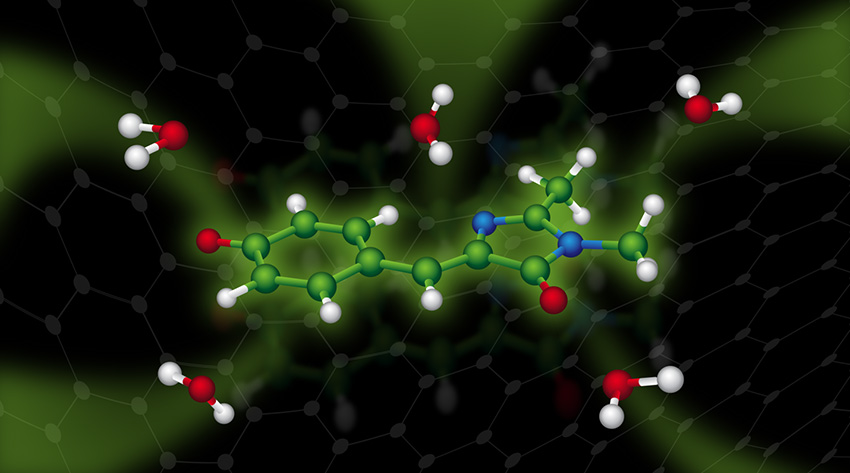
A new approach to investigating green fluorescent protein provides a vital tool for unraveling molecular-level details of processes important in biology and light harvesting for energy use.

Herbivore digestion involves a large variety of enzymes that break woody plants into biofuel building blocks.

Surface plasmons move at nearly the speed of light and travel farther than expected, possibly leading to faster electronic circuits.
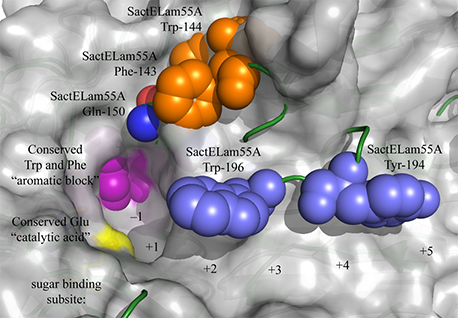
Researchers develop a new process for annotating cellulose-degrading enzymes.